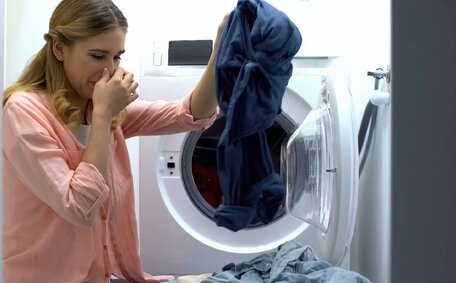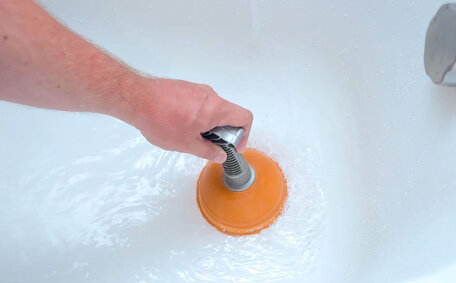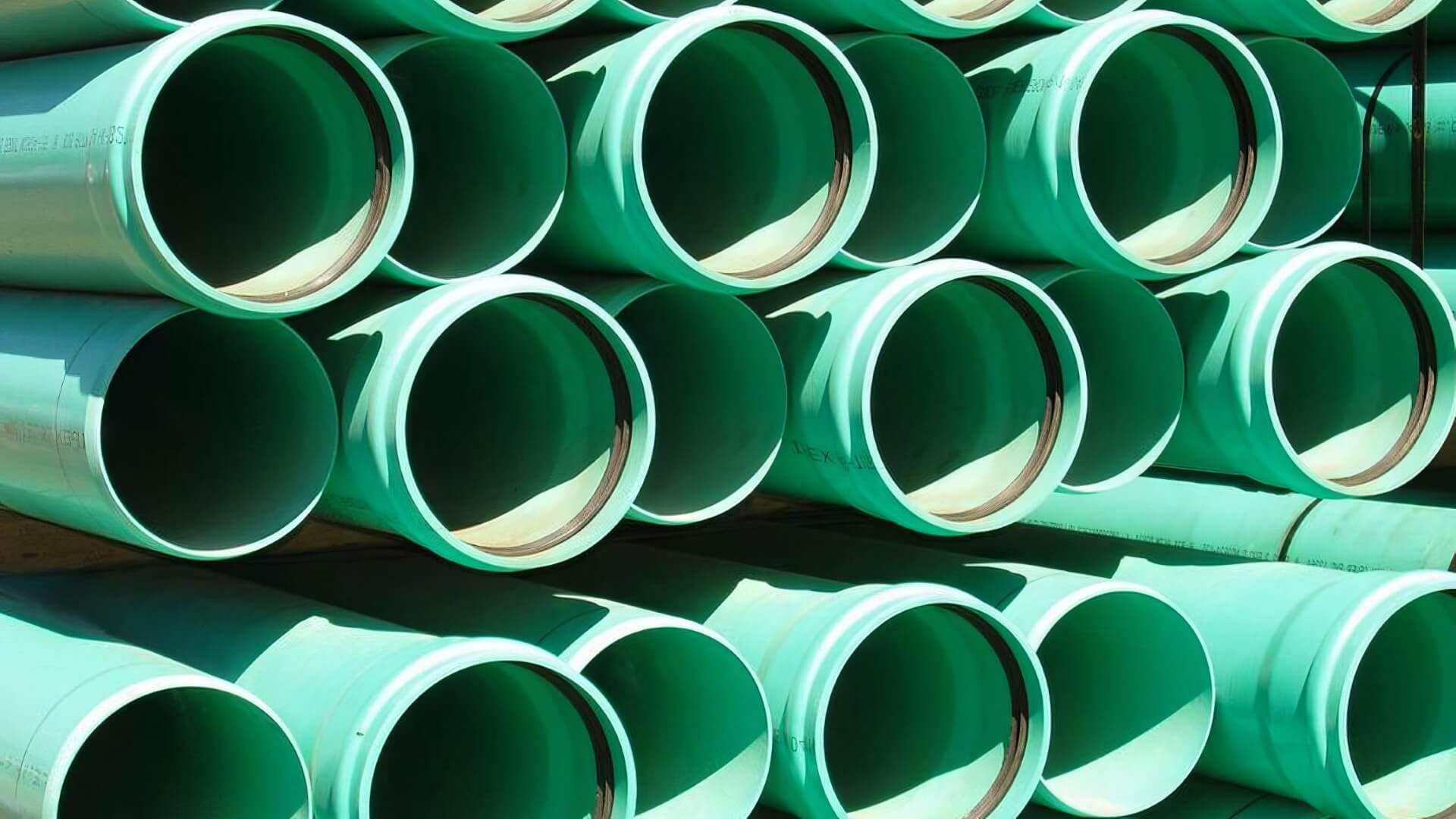Introduction to Plumbing Pipe Materials and Expected Lifespans
For any plumbing project or routine maintenance of your house’s plumbing system, comprehending the expected lifespans of various plumbing materials is vital.
Understanding the longevity of plumbing pipes such as copper, PVC, galvanized steel, and cast iron enables effective planning and financial management for homeowners.
In this article, we offer insights into one of the most common types of plumbing pipes, guiding you through their expected lifespan and maintenance needs.
Our goal is to provide homeowners with crucial knowledge about their plumbing, promoting timely problem detection and the right enhancements for their homes.
We examine the sturdiness of different materials including ltype copper pipes, considering factors like water composition on their longevity, and provide maintenance tips along with indicators of ageing pipes needing replacement.
Gaining the knowledge homeowners need know about pipes and their maintenance empowers you to make informed decisions about the various types of plumbing choices for your household. It assists in budgeting for routine maintenance and being prepared if pipe replacements become necessary down the track.
This guide offers valuable insights into the often-overlooked aspect of home care, particularly useful during renovations or when assessing the condition of concealed pipes.
Common Pipe Types Used in Residential Plumbing
Brass
Brass pipes, along with those made of stainless steel, can easily surpass the half-century mark, chosen for the sewer system due to their longevity and resistance to corrosion, typically last more than 50 years. When properly maintained, these pipes evidently demonstrate their longevity, with the potential to can last well over standard estimates. Their life expectancy, in which homeowners can expect them to last several decades, makes them a popular choice...
Copper
Known for durability, flexibility and applicable for both hot water heater units and water supply pipes, copper water pipes, a common type in modern homes, are expected to last up 100 years over their estimated lifespan. They transport water efficiently and with their remarkable durability, it might be time to assess their condition as these pipes can last up to 100 years when factors like water composition and temperature fluctuations are kept in optimal conditions.
PVC
ABS pipes, along with PVC varieties, are renowned for their durability, being particularly resistant to chemicals, abrasion, and corrosion, excelling in delivering water through your plumbing system. Care must be taken to protect polyvinyl chloride (PVC) plumbing in your home from UV light and extreme weather conditions to ensure they last at least 50 years. But with correct indoor installation and potential for enduring pipe repair, homeowners often discover their PVC pipes last least 50 years.
PEX
PEX (cross-linked polyethylene) tubing is reputable for supplying hot cold water, making it a perfect match for tank water heaters in residential settings. Flexible and easy to install, PEX pipes demonstrate robustness, with water heaters last ensuring hot water transport for well over 50 years of service. Annual inspections are vital in figuring out how long the material used in your plumbing might last by helping detect any leakages or potential damage early.
Galvanised Steel
Prior to the widespread uptake of copper piping and PVC, galvanised steel pipes used as water supply components were common in various systems.
Though durable, galvanised steel pipes are likely to succumb to internal rust and corrosion and may require more frequent inspections, likely to last around 20 to 50 years if not well-maintained. Maintenance is crucial to sustaining the longevity of plumbing, especially if your house was built decades ago, highlighting the need for meticulous maintenance.
Factors That Can Impact Pipe Lifespan
Certain factors can significantly influence the lifespan of the plumbing pipes commonly found in homes.
Water Quality
Corrosion in cast iron galvanized pipes internally over time can be due to its mineral and chemical composition of water. Hard water with high mineral deposits causes scale build-up in pipes like copper and iron galvanized steel, restricting flow.
Softened water can be corrosive to certain pipe materials.
Water Pressure
Consistent high water pressure is a key factor that accelerates wear and tear on plumbing pipes, indicating they should last least their intended span with proper care. Pressure regulating valves that maintain optimal flows can initiate protection for supply lines that can be vulnerable to damage from surges. Periodically checking household water pressure will help pipes endure for full lifespans, as it’s important to prevent damage from pressure fluctuations.
Maintenance
In an older home, lack of maintenance often causes pipes to generally last less than their expected lifespans. Regular inspections and repairs can be notably less costly – merely a fraction of full replacement expenses, illustrating the savings achievable with preventive care, especially if your house was constructed using robust materials. Annual visual checks plus draining 1-2 cups of water from the pipes when they need replaced helps maintain internal pipe integrity.
Environmental Conditions
Pipes more exposed in areas like supply lines can experience harsh weather, UV rays, flooding, or drastic temperature changes, leading to shortened lifespans if not well-protected. Ensuring adequate insulation for your water supply lines in unregulated environments will safeguard their longevity. Buried underground, even robust materials like clay pipes risk damages from root intrusion or soil movement without proper installation.
How to Maintain Your Plumbing to Maximize Pipe Longevity
Proper maintenance, which can include routine inspections and timely repairs, is crucial for getting the most lifespan out of your home’s plumbing system.
Attend to minor issues early to ensure that your pipes last and avoid costly replacements, thus extending their lifecycle.
It may be time for a new plumbing maintenance schedule that homeowners can establish to promptly reach out for professional services as needed to comply with it. This should involve a few key tasks completed on a regular basis:
Inspect for Leaks
It’s important to visually check exposed pipes, joints, valves, and fixtures for any drips or moisture at least annually to determine if they require attention. Common areas to inspect include underneath steel sinks, and especially around water heaters where defects might suggest it’s might time to replace your aging fixtures. Listen out for any running water sounds when fixtures are turned off, as it might be time to replace your fixtures.
Check for Pipe Corrosion
It’s important to be aware that pipes like copper and galvanised steel can corrode from the inside over time.
Keep an eye out for discoloration, minor holes, or flaky surfaces that indicate corrosion, potentially signalling the need for pipe replacement.
Identifying issues early allows for measures such as pipe re-lining, which can prevent the need for full replacements.
Drain Infrequently Used Pipes
To prevent microbial growth and internal corrosion, routinely flush out water from pipes to ensure they last at least when not used daily. Simply run taps on laundry sinks or secondary bathrooms to maintain clear drain lines for 1-2 minutes weekly.
Insulate Pipes
Ensuring hot and cold water lines are properly insulated protects against external elements, which is essential no matter how long do your plumbing pipes are expected to last. Heat tape or foam tubing helps regulate pipe temperature, ensuring pipes last at least 50 years with maximised durability.
We recommend staying on top of plumbing maintenance to save money long-term by extending the useful life of the pipes your home depends on. We recommend reaching out to our experts for professional plumbing services if you have any concerns inspecting or caring for your plumbing system.
When to Consider Replacing Your Plumbing Pipes
There are a few key signs your pipes may indicate it could be time to replace the plumbing in your home:
Frequent Leaks or Drips
Water leaks from copper pipes, joints, or fittings often suggest the pipes are nearing the end of their useful lifespan.
Frequent drips or leaks typically point to crack, corrosion, or fatigue, suggesting it might be time to replace sections or entire portions right away. Catching minor leaks early and replacing just sections of pipe is ideal over fully re-piping.
Discoloured or Cloudy Water
Rusty, brown, or dirty-looking water coming from your taps may mean galvanised steel or cast iron pipes are corroded inside. Your copper pipe can also develop pinhole leaks and blue-green discoloration from corrosion. Call a professional plumber to inspect immediately, as contaminated drinking water poses health risks.
Low Water Pressure
If you suspect your home has inadequate water flow or pressure, it can indicate mineral build-up and corrosion in pipes over decades of use. It’s essential to keep an eye on your system by draining pipes, inspecting valve filters, and evaluating mains water pressure before considering re-piping. For optimal results, contact us today to discuss combining pipe replacements with installing pressure reducing valves.
Old Pipe Materials
While some brass, copper, and PVC pipes can endure over 50 years, when your galvanised steel is older, it typically requires replacement between 20-50 years. Signed of corrosion like flaky rust means replacement is needed. Very old materials such as lead pipes or polybutylene should be replaced immediately due to health and safety concerns.
Re-piping part or all of your plumbing system is a major job, but necessary for preventing leaks over time. Our plumbing company’s licensed plumbers can inspect your sewer line and pipes and offer guidance if you suspect your system requires long-term replacement.






